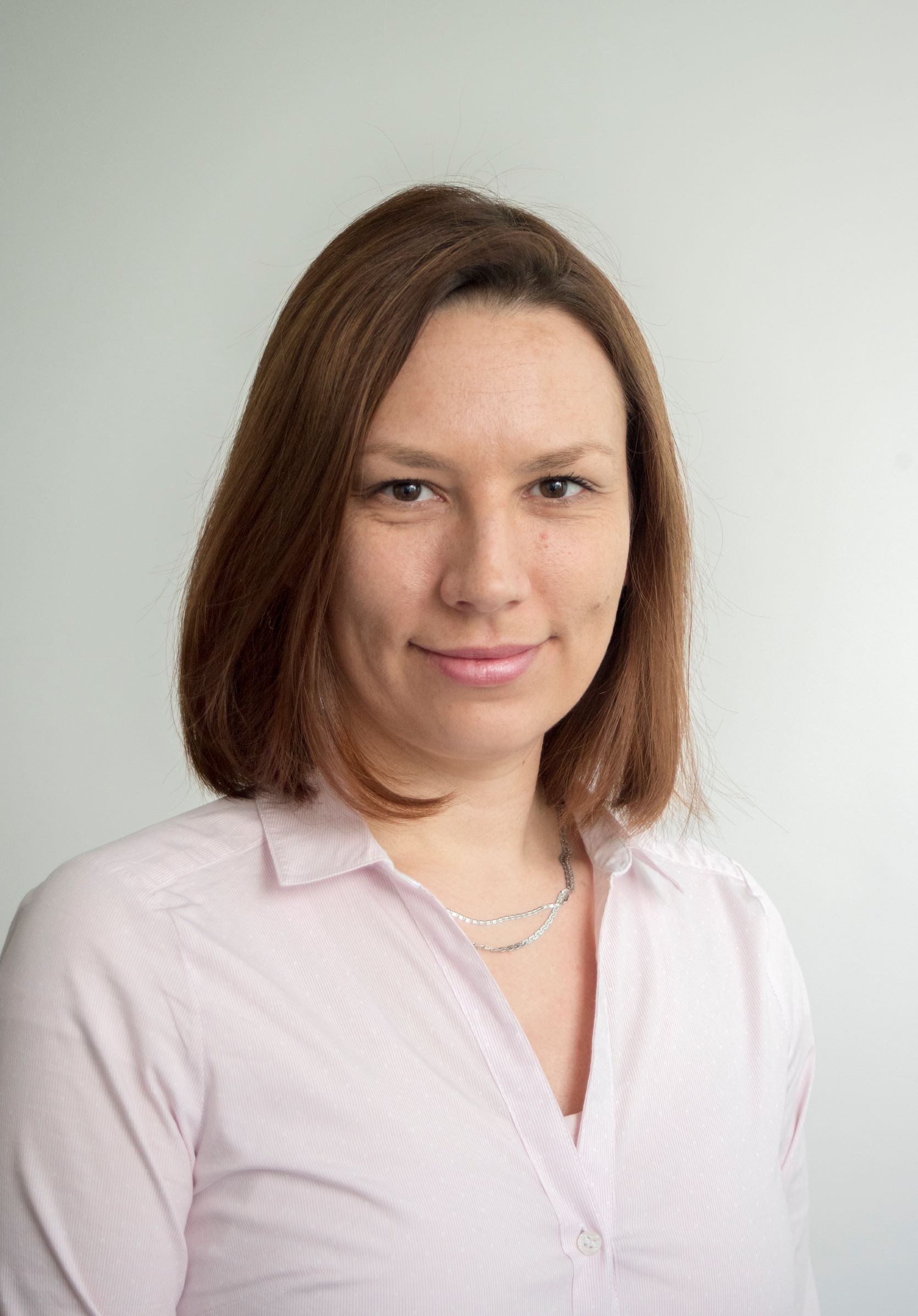Dr Kata Farkas
Research Fellow

Contact info
Environment Centre Wales
School of Environmental and Natural Sciences
Bangor University
Bangor LL57 2UW, UK
Phone: +44 (0) 1248 382615
Email: k.farkas@bangor.ac.uk
Contact Info
Environment Centre Wales
School of Environmental and Natural Sciences
Bangor University
Bangor LL57 2UW, UK
Phone: +44 (0) 1248 382615
Email: k.farkas@bangor.ac.uk
Overview
My research focuses on waterborne enteric viruses, which cause gastrointestinal illness. I study how these viruses are transported and how long they pose a public health threat, particularly in developing regions. I am also interested in how urbanization and climate change impact the diversity of human and animal viruses in aquatic environments.
Since the start of the COVID-19 pandemic, I have been working on wastewater-based epidemiology and eNA solutions, utilizing the One Health approach to track and provide early warnings for human and zoonotic diseases. These include SARS-CoV-2, polioviruses, influenza viruses (such as H5N1 bird flu), and antimicrobial-resistant pathogens. For more details, visit our project website: viraqua.uk.
Researcher Development Concordat Group (RDCG)
I am also the school representative for Bangor University’s RDCG that discusses and recommends actions to support researchers’ professional development to reach teir full potential. We focus on:
- Research environment and culture
- Employment
- Development and wellbeing.
For more information and advice please contact me or visit the following links:
https://my.bangor.ac.uk/humanresources/staffdevelopment/researcherdevelopment/index.php.en
Research
- Human health-related water microbiology
- Environmental virology
- Enteric viruses
- Waterborne pathogens
- Water quality
- Shellfish hygiene
Grant Awards and Projects
Fate of human pathogenic viruses in the environment (2015-2018): http://www.viraqua.uk/
Grant writing fellowship (2018)
Research areas and keywords
Keywords
- QR355 Virology - Environmental science, Wastewater pollution, Enteric viruses, Shellfish hygiene
Education / academic qualifications
- 2021 - PGCert in HIgher Education Teaching and Learning , Bangor University
- 2014 - PhD , Microbiology
- 2007 - MSc , Molecular genetics
Research outputs (74)
- E-pub ahead of print
Analysis Insights to Support the Use of Wastewater and Environmental Surveillance Data for Infectious Diseases and Pandemic Preparedness
Research output: Contribution to journal › Article › peer-review
- E-pub ahead of print
High-throughput qPCR profiling of antimicrobial resistance genes and bacterial loads in wastewater and receiving environments
Research output: Contribution to journal › Article › peer-review
- E-pub ahead of print
Comparative impact of sunlight and salinity on human pathogenic virus survival in river, estuarine, and marine water microcosms
Research output: Contribution to journal › Article › peer-review
Projects (2)
Pathogen detection in Modiolus samples for NRW
Project: Research
Environmental infectivity of SARS-CoV-2: COVID-19 call
Project: Research

